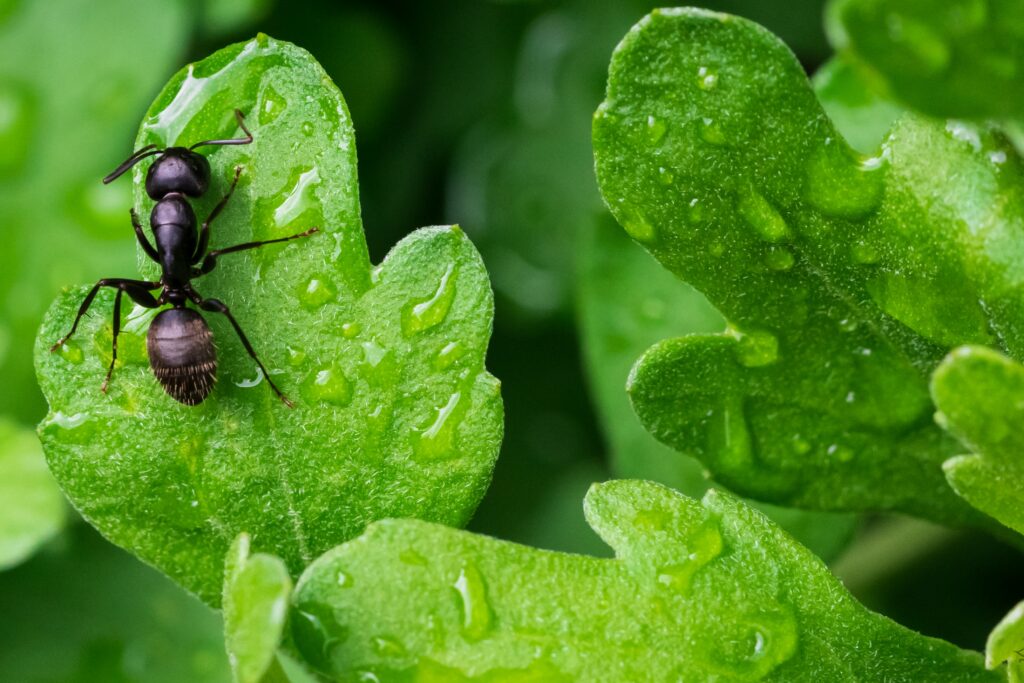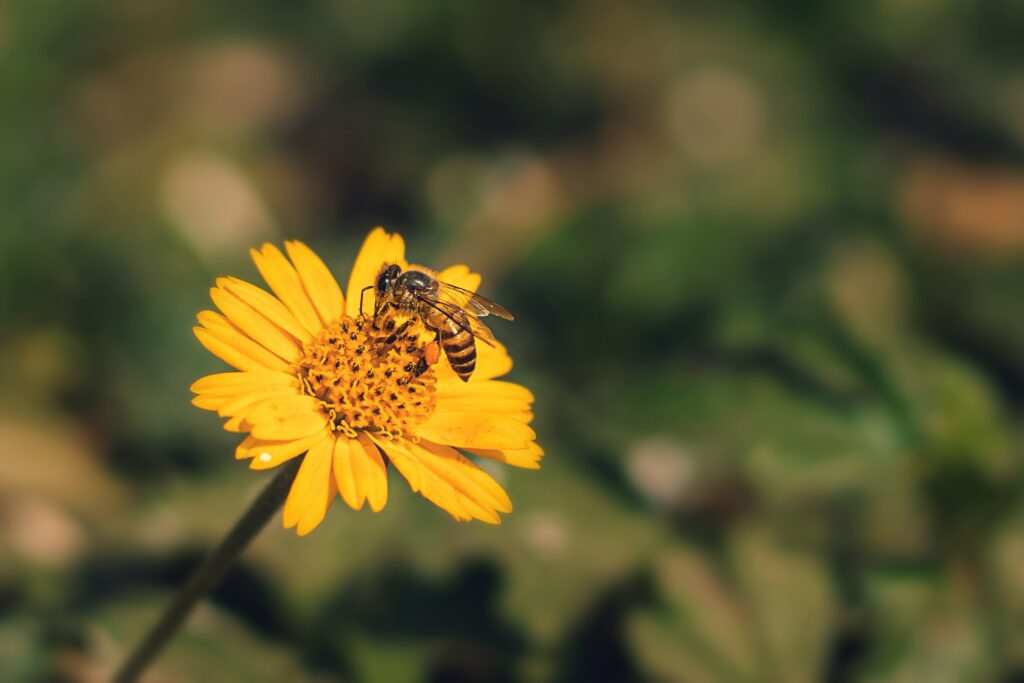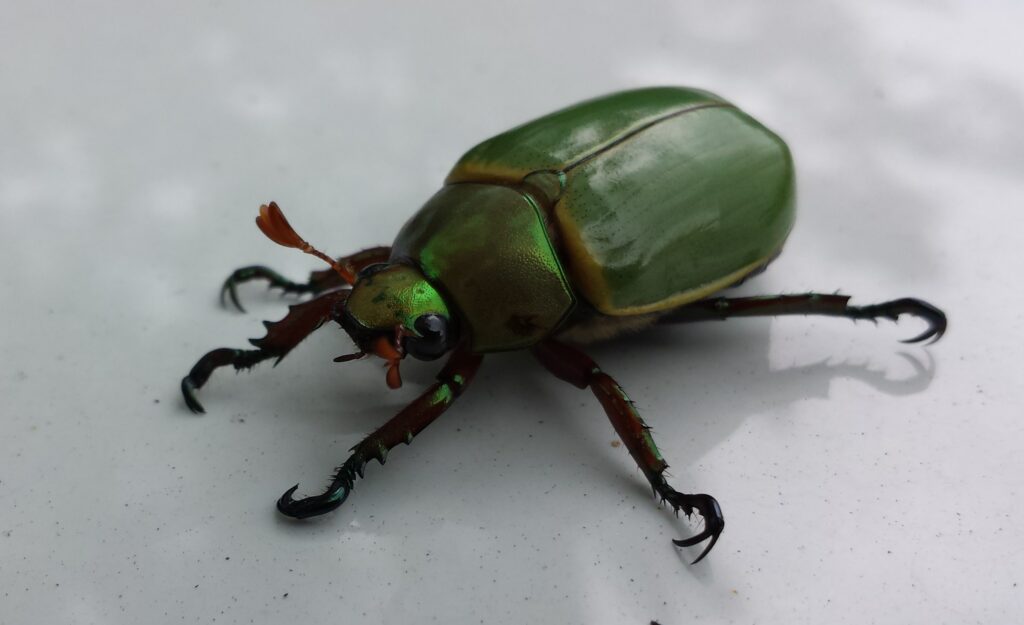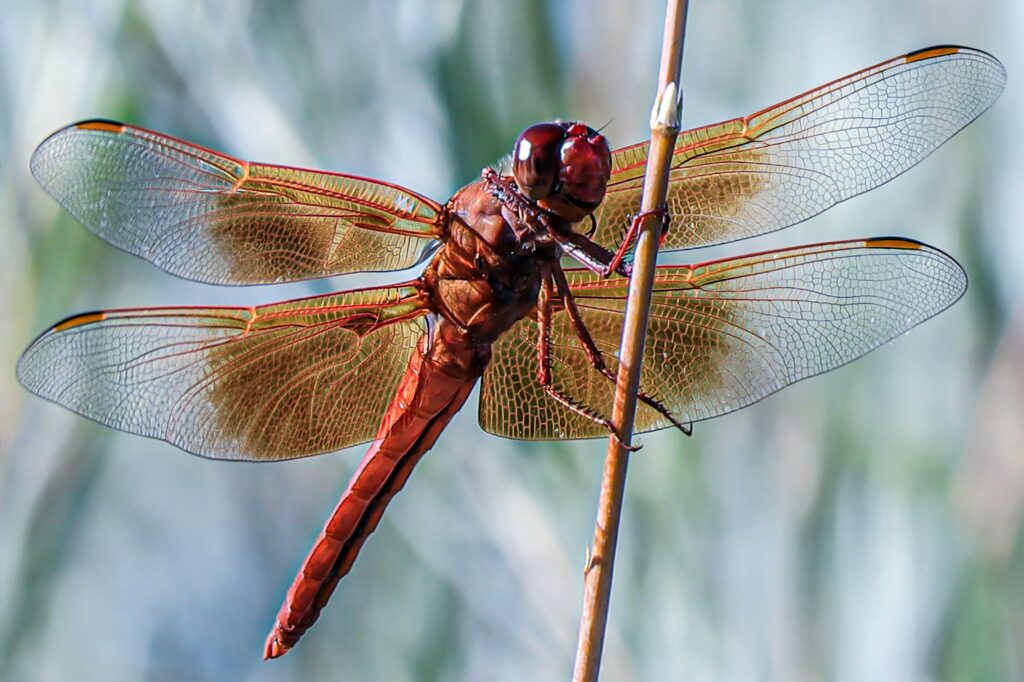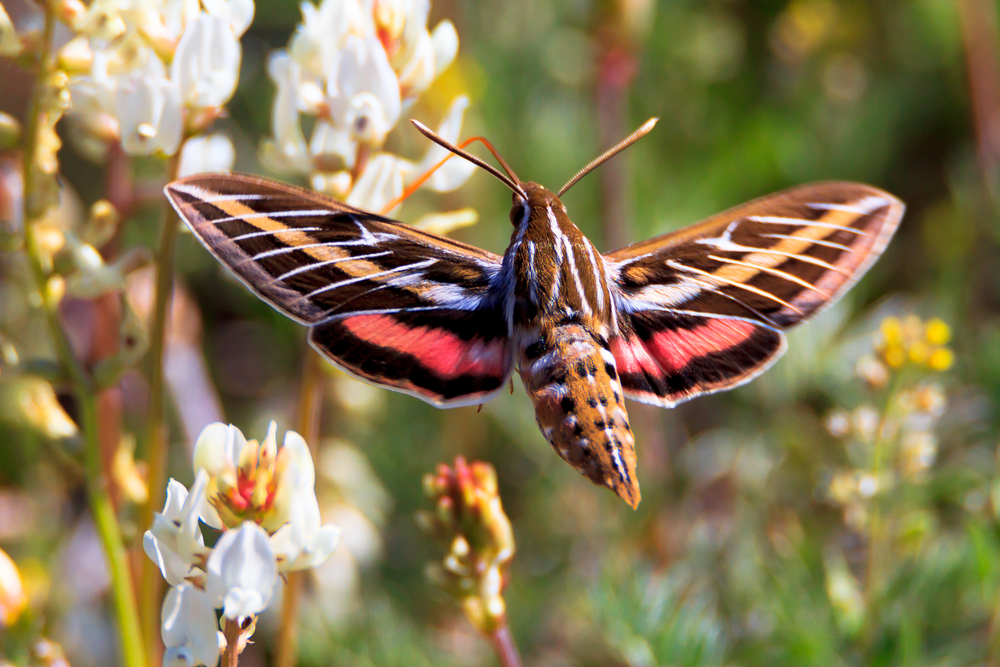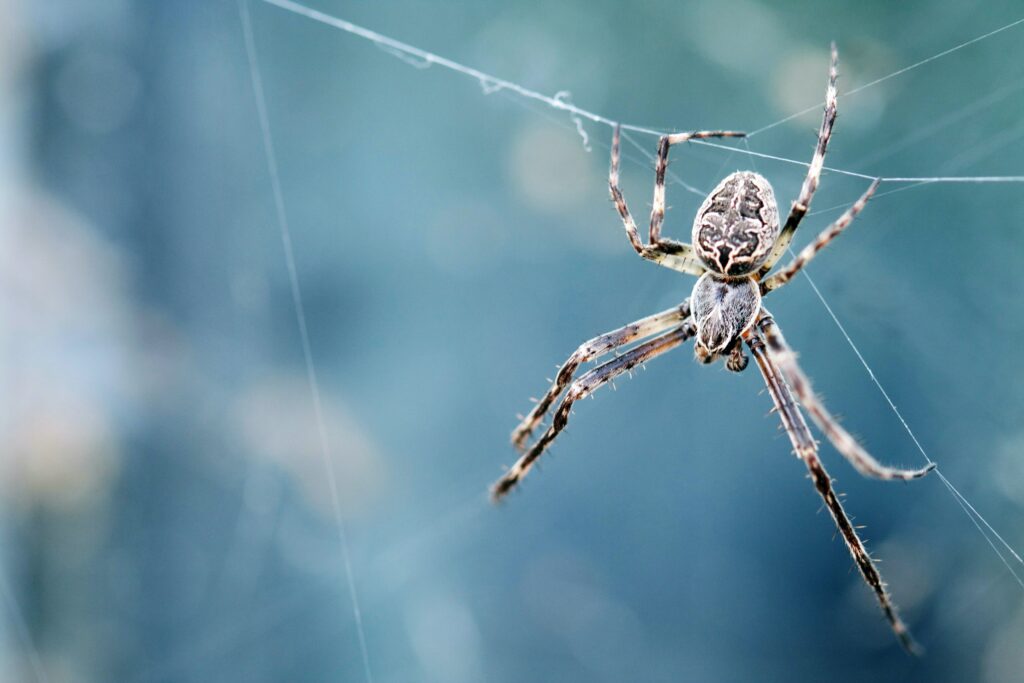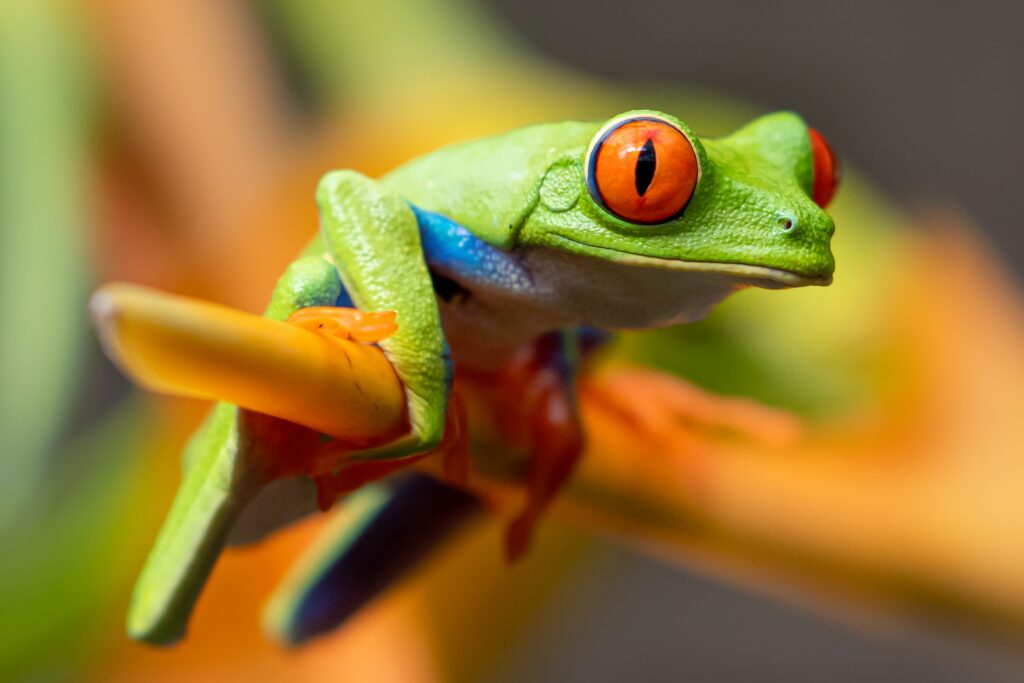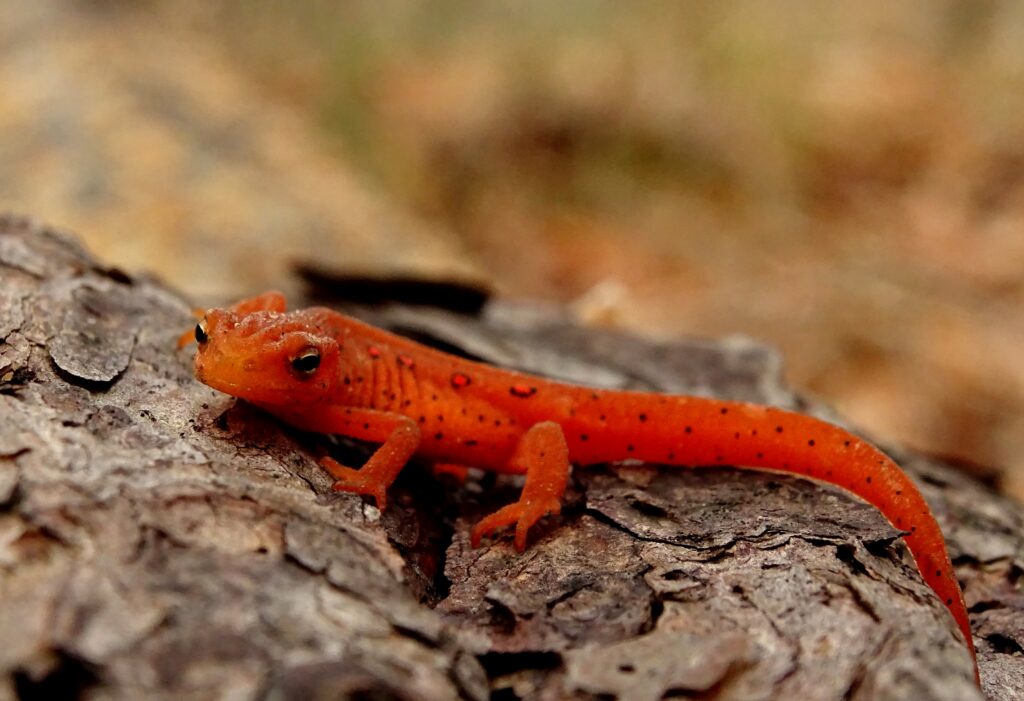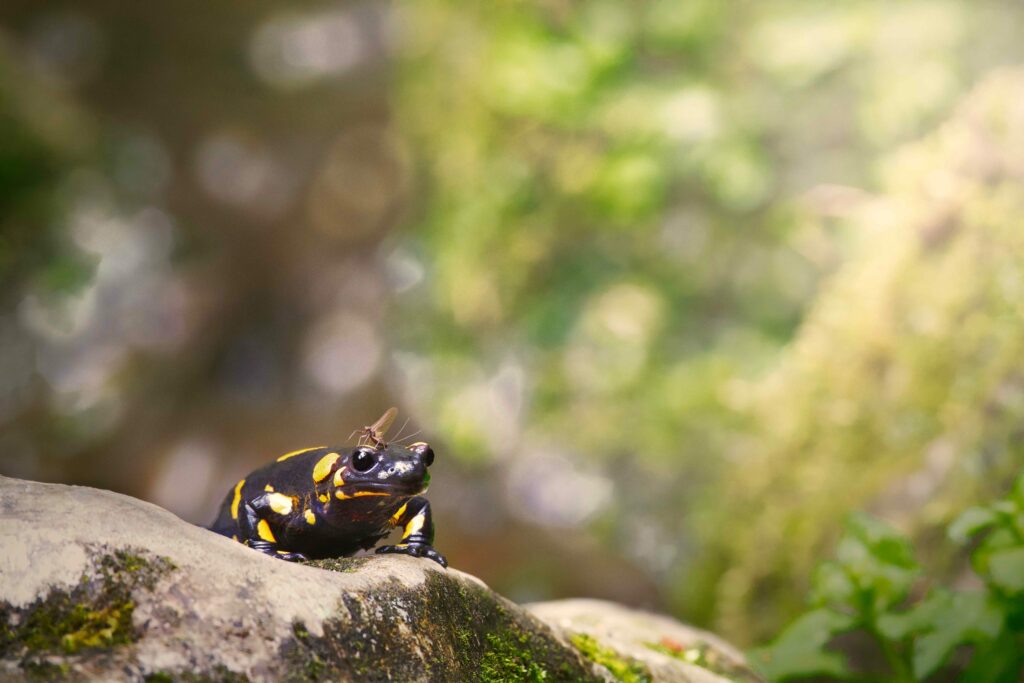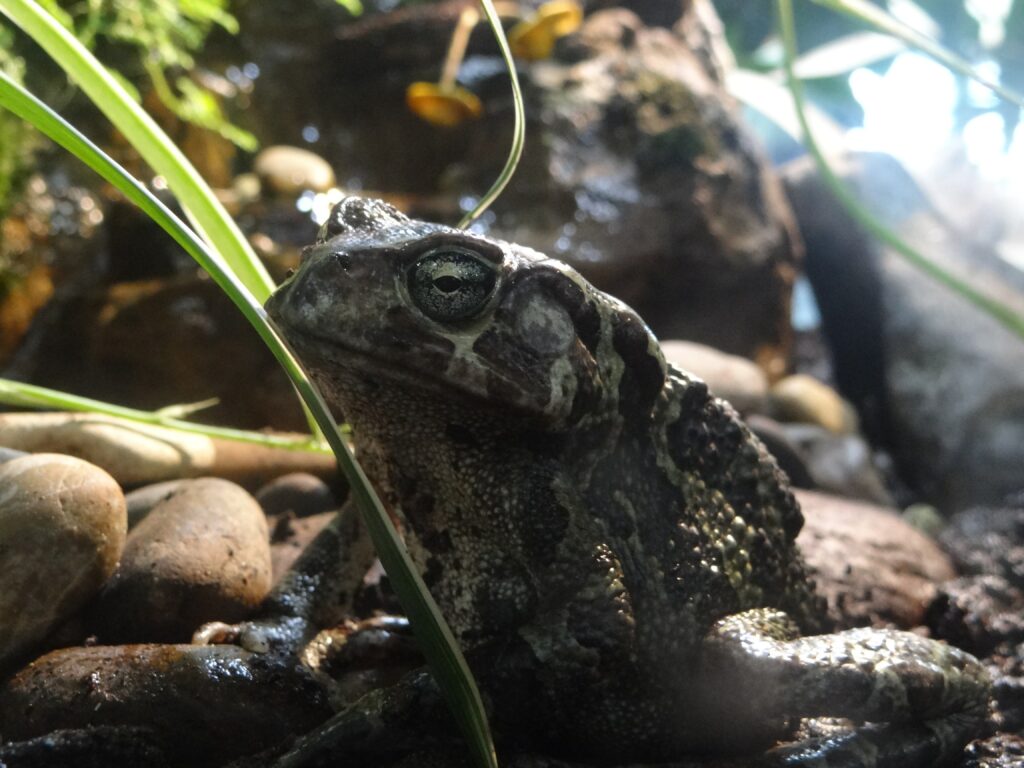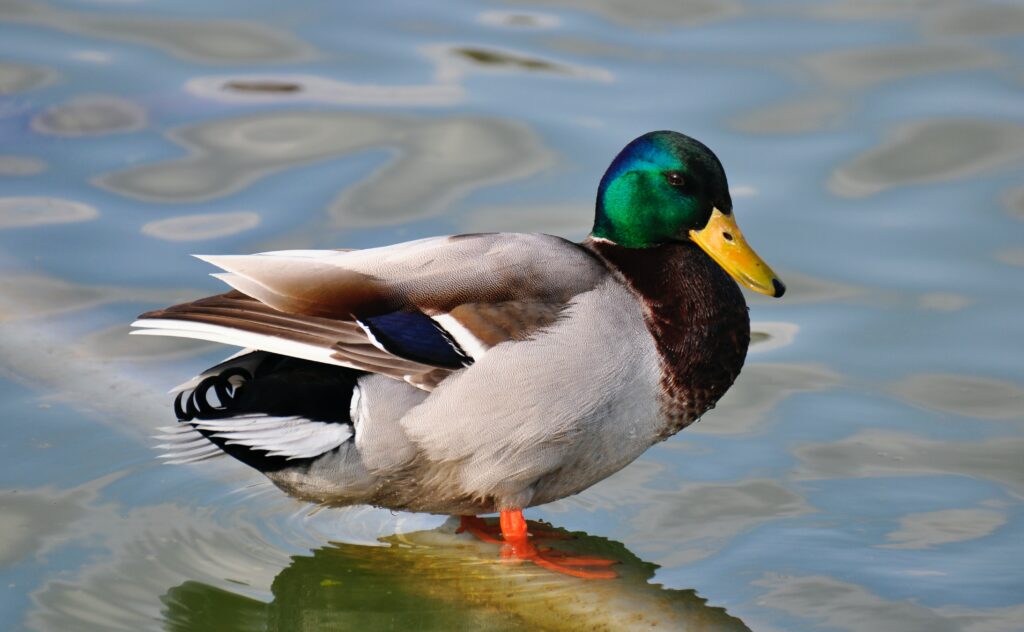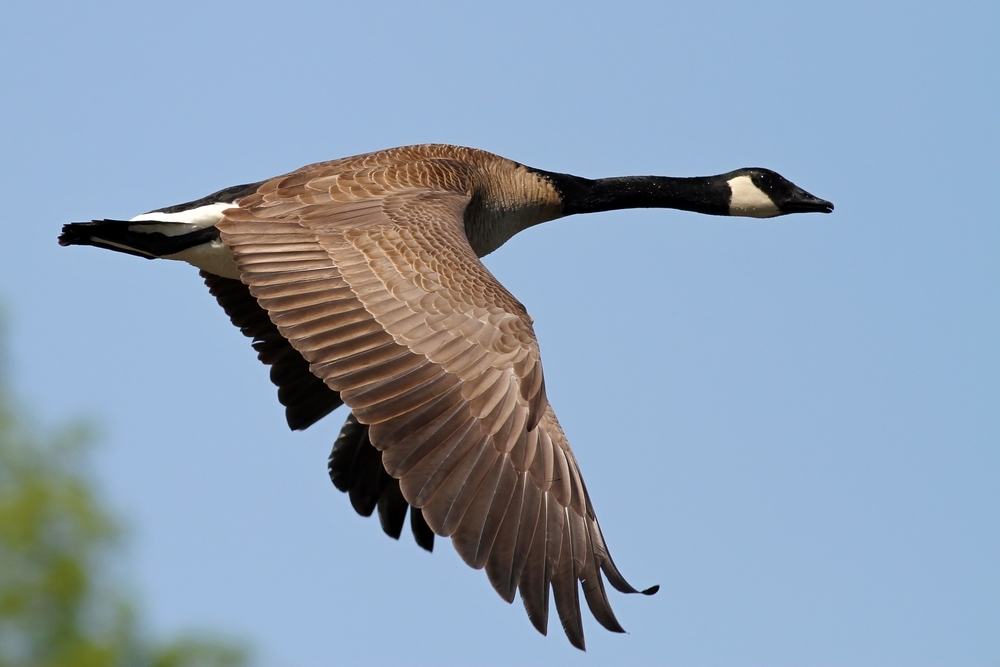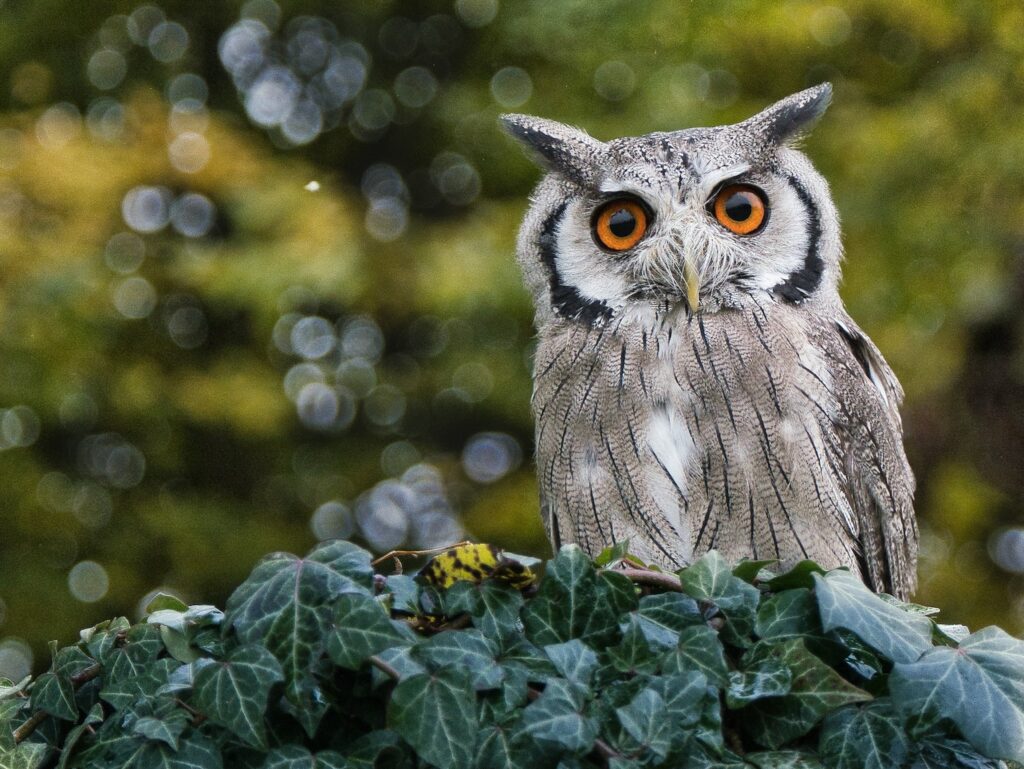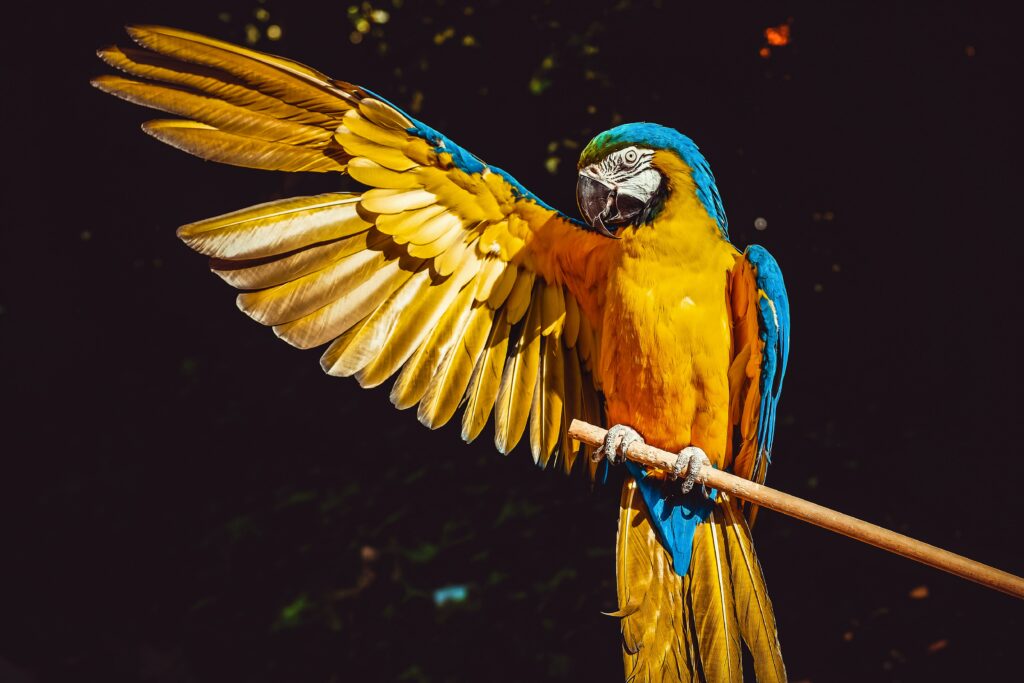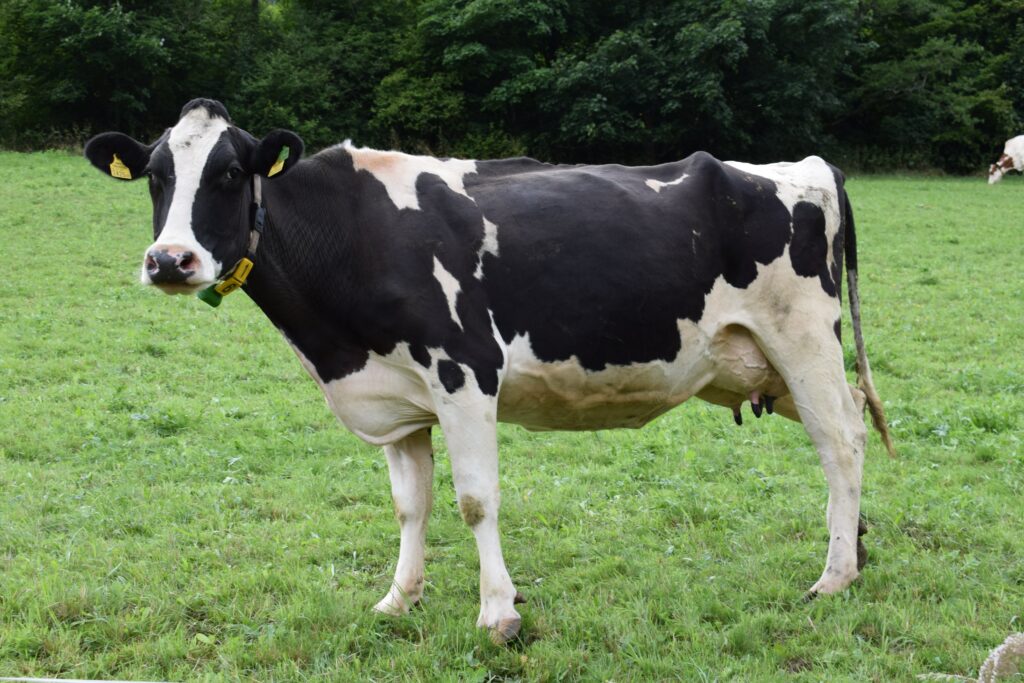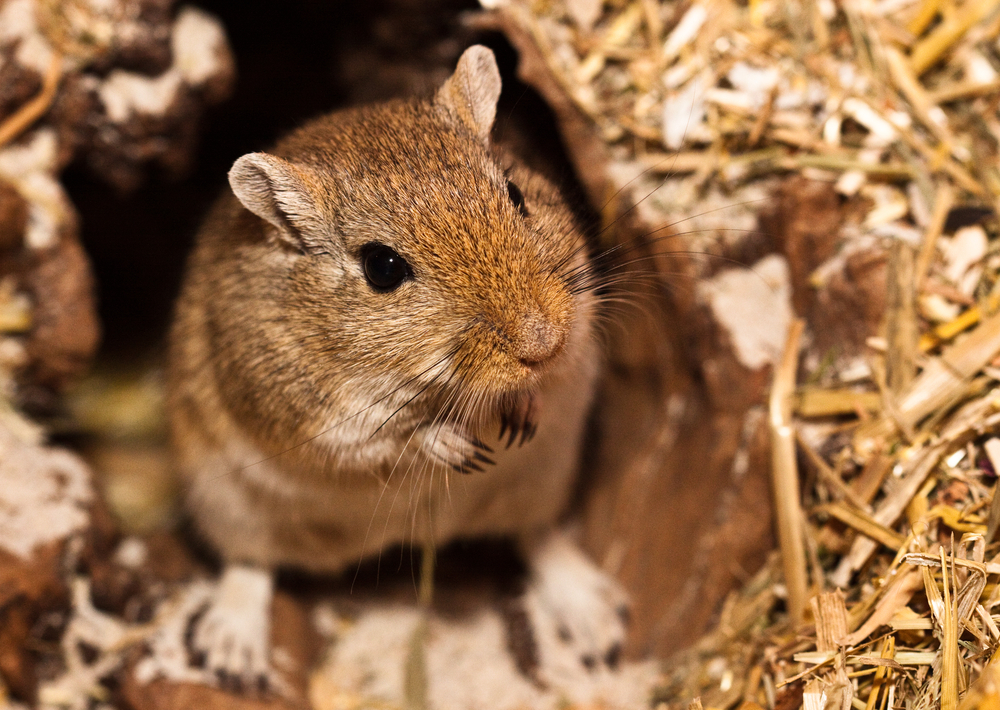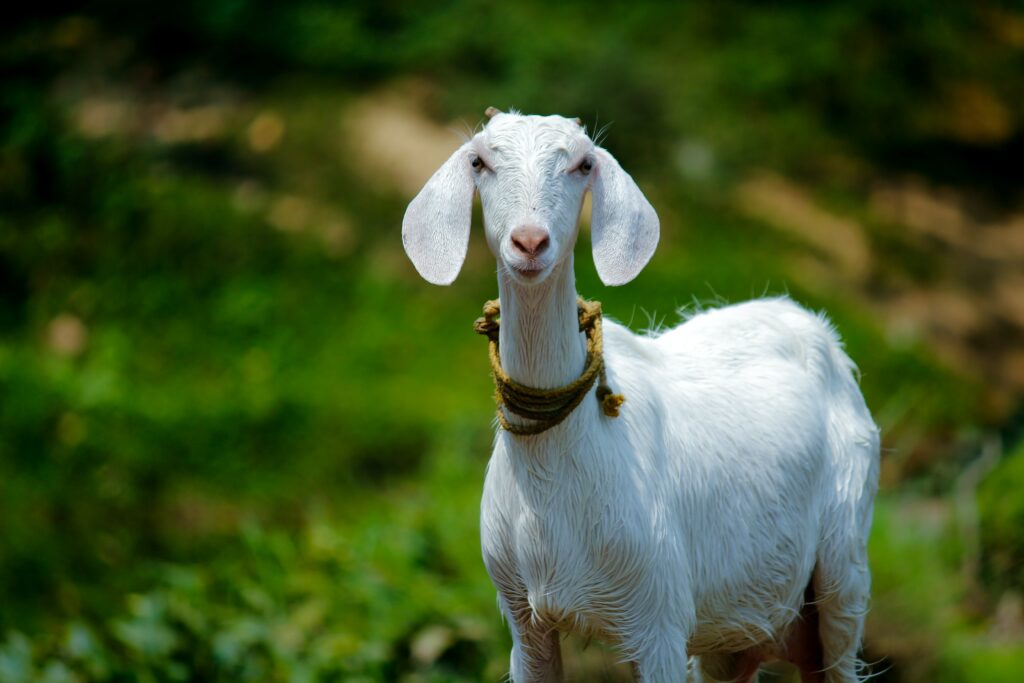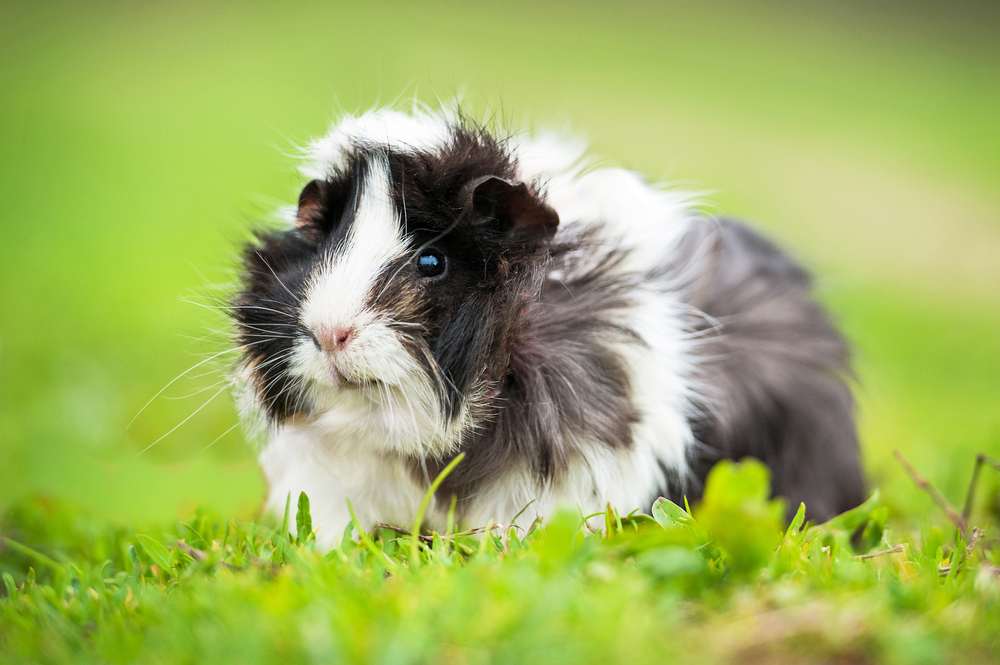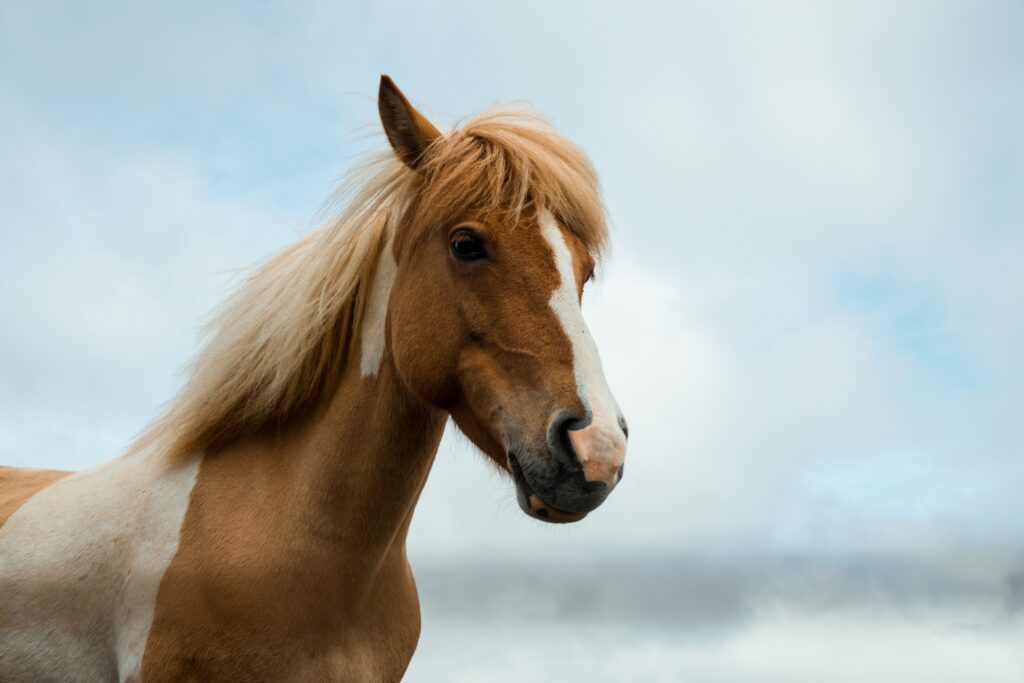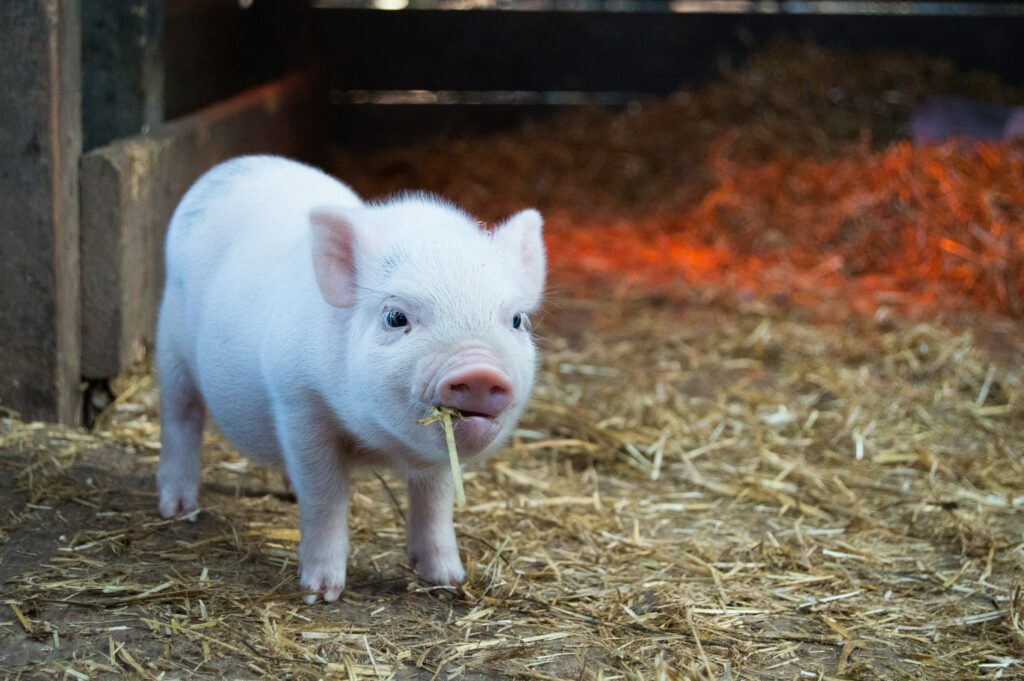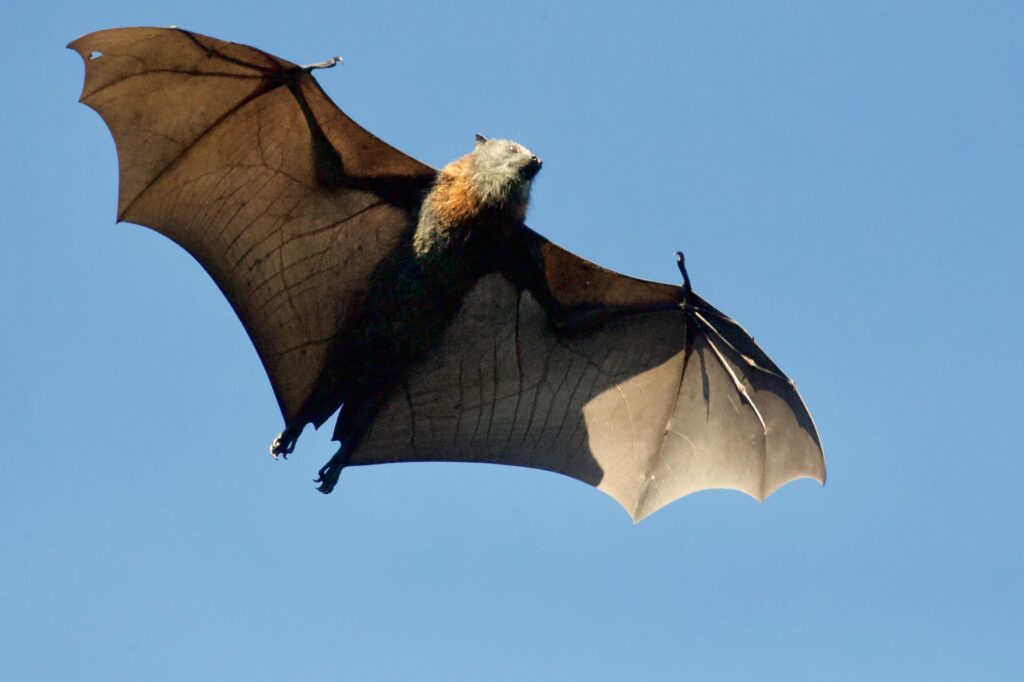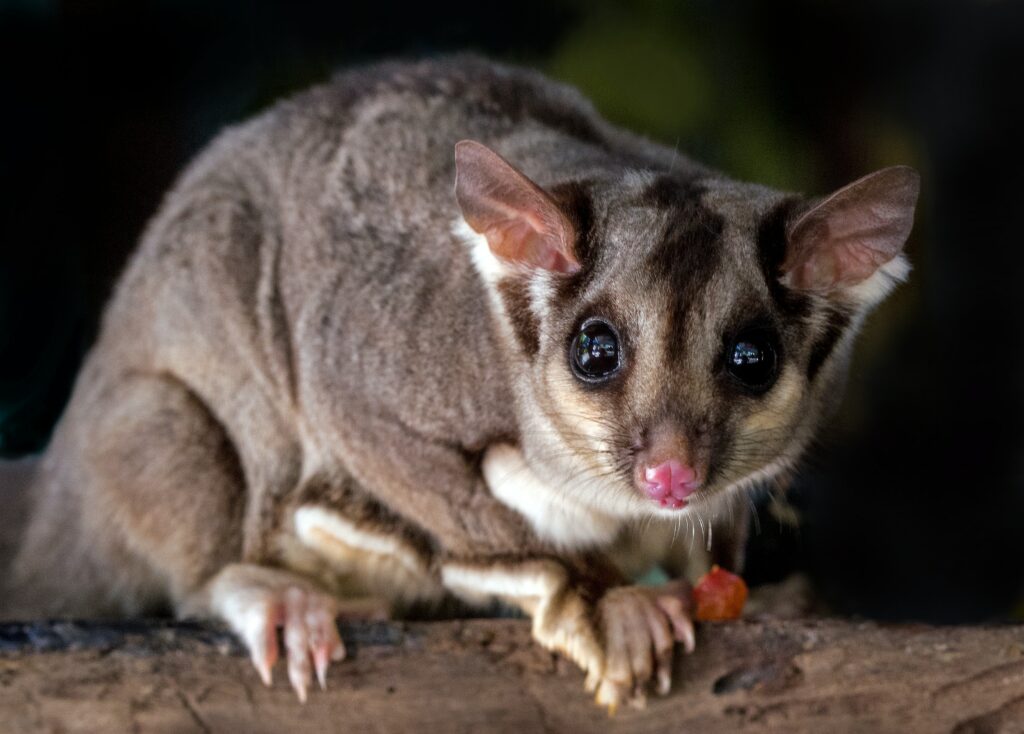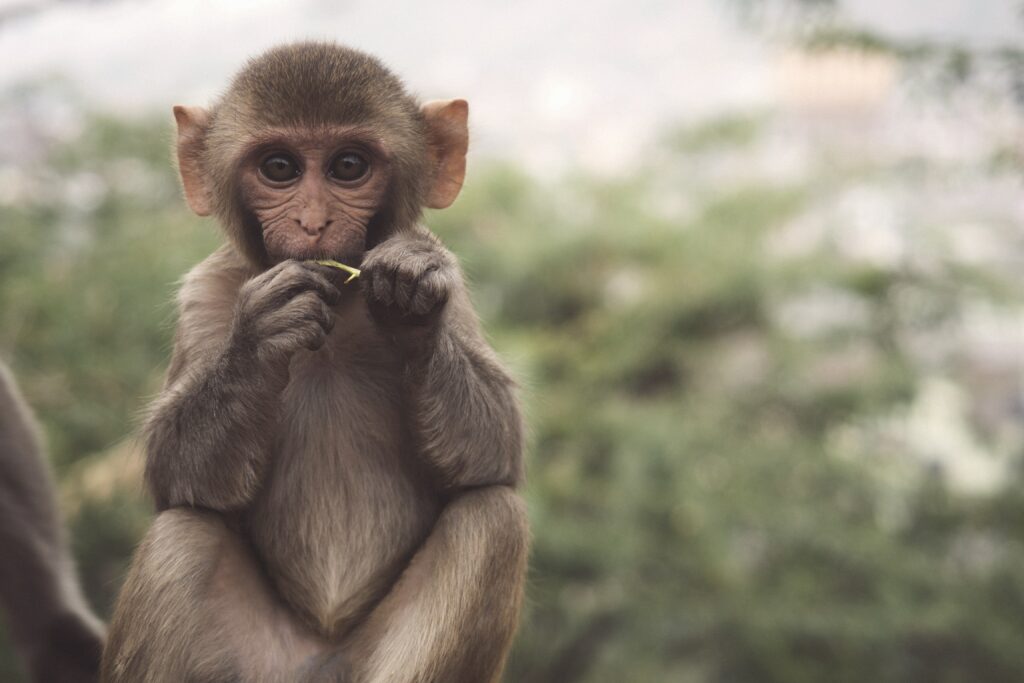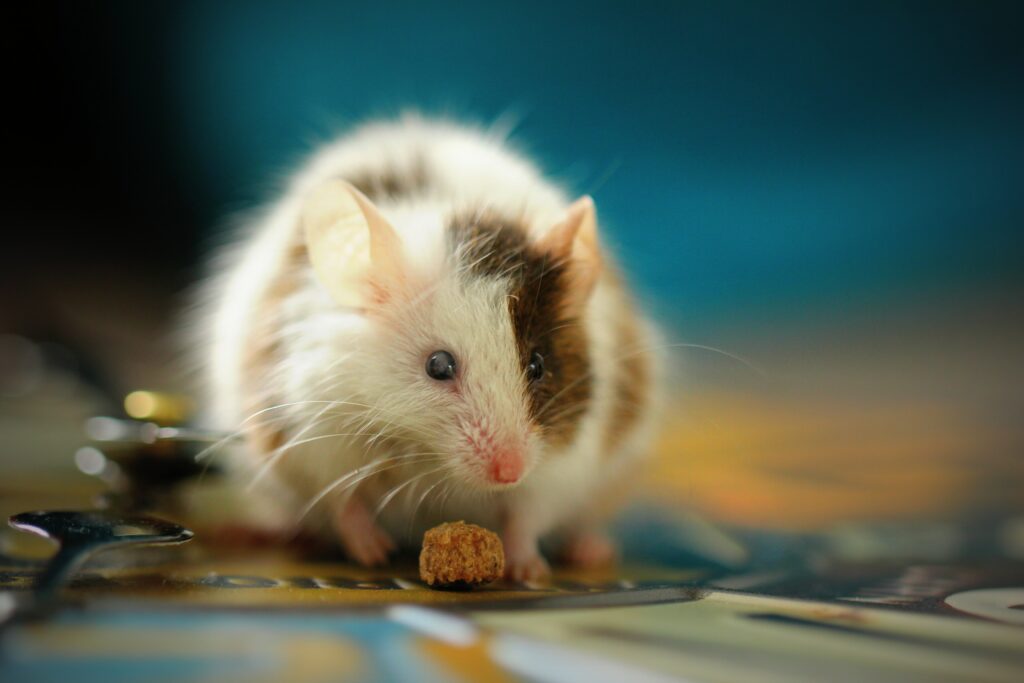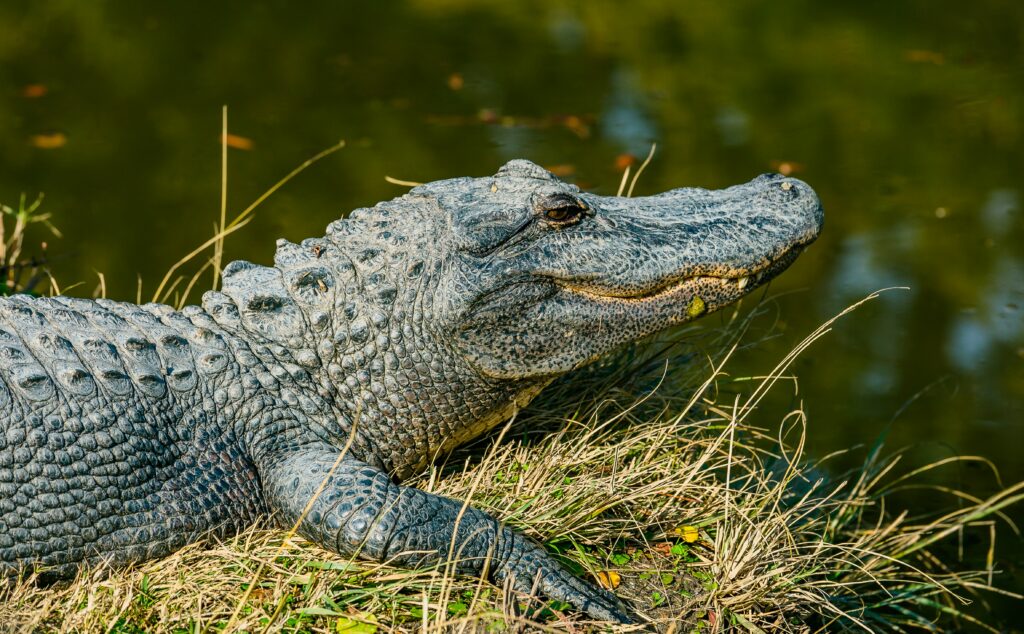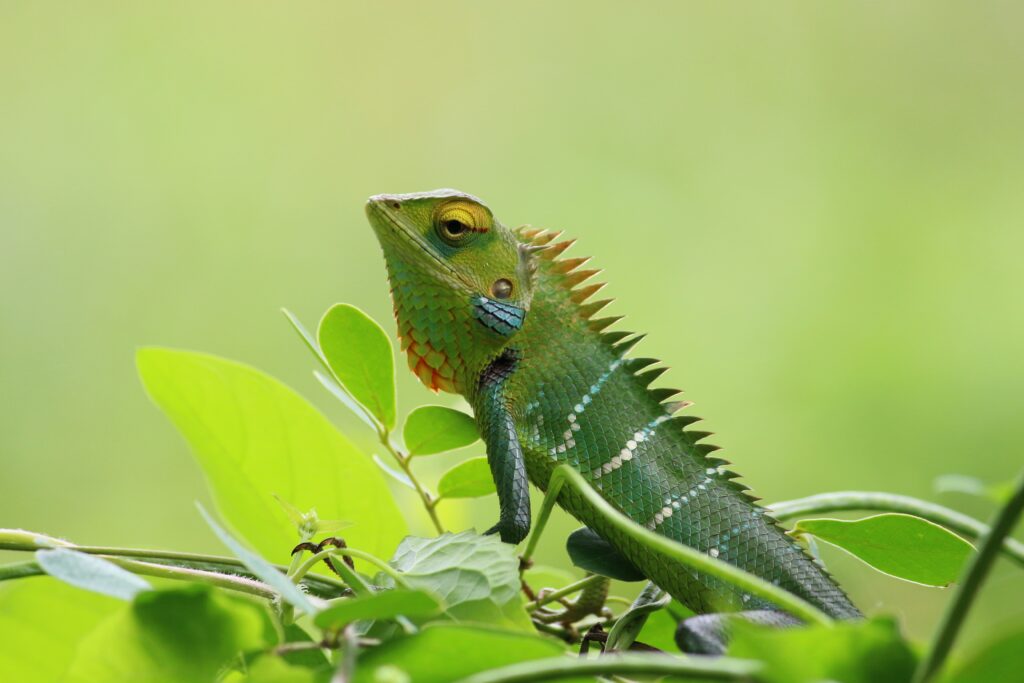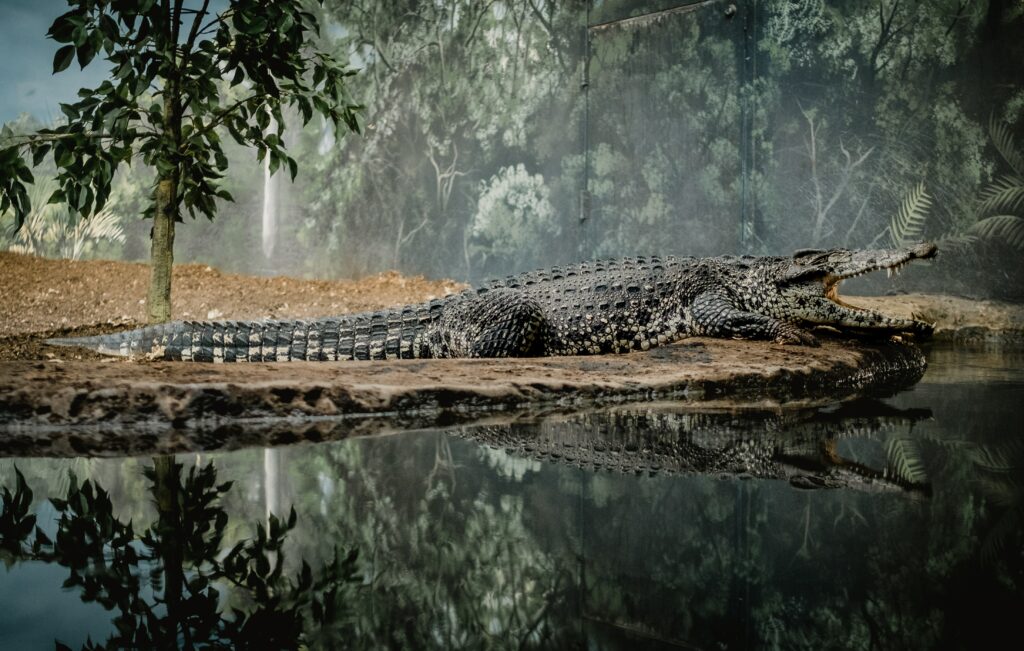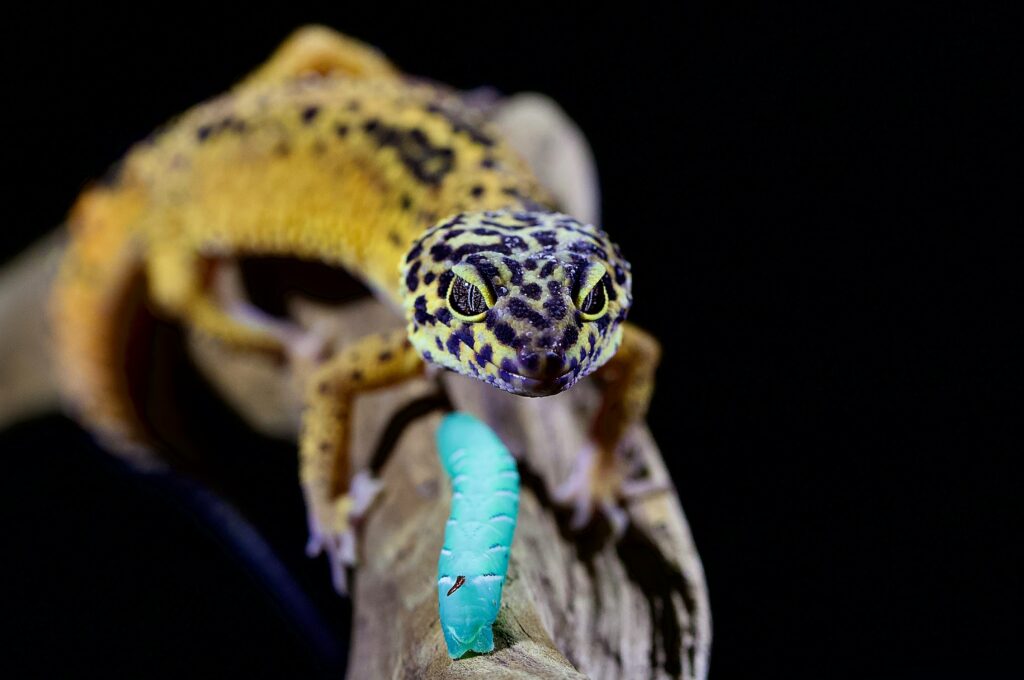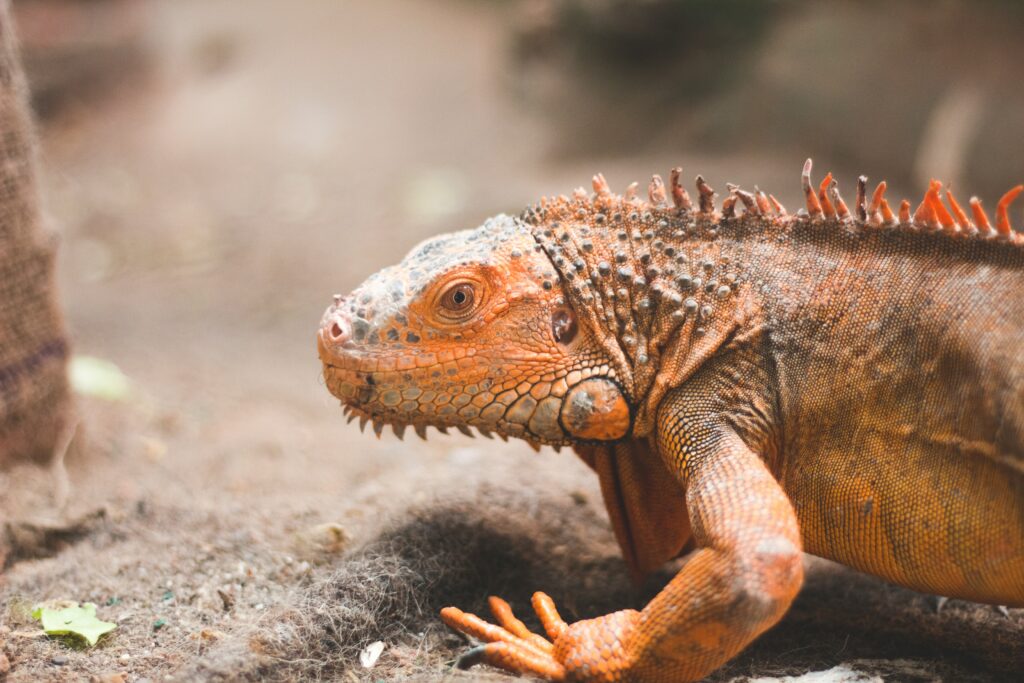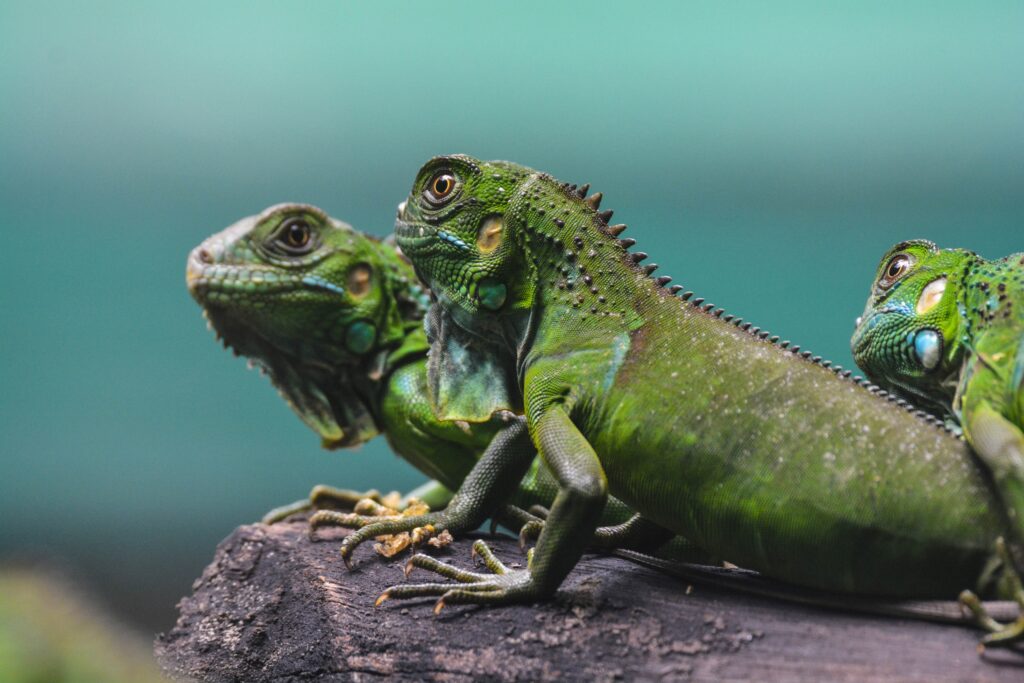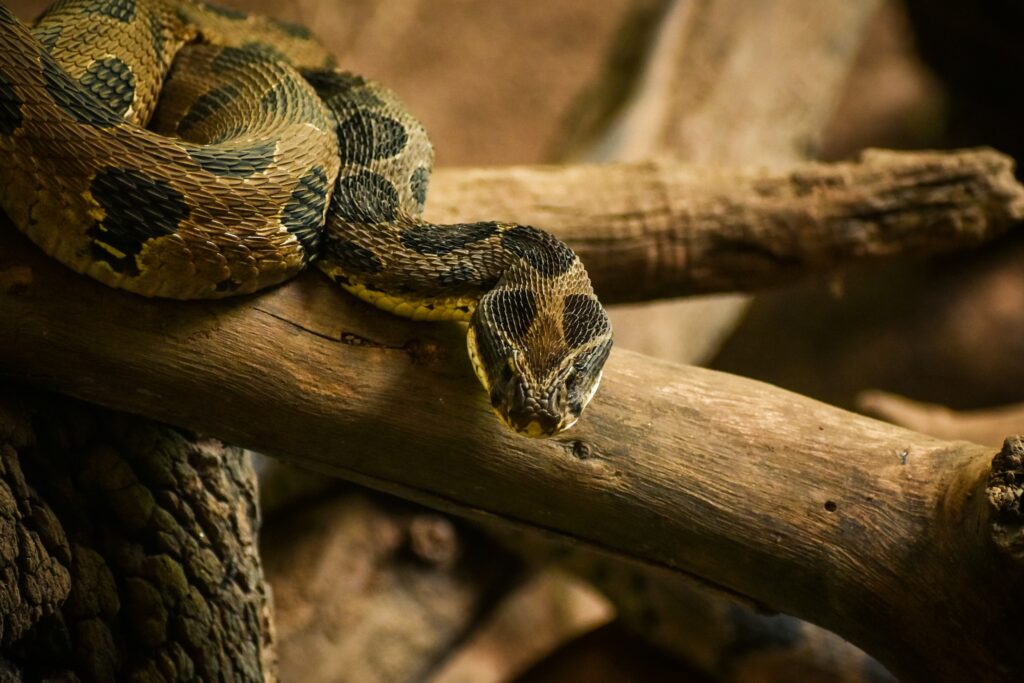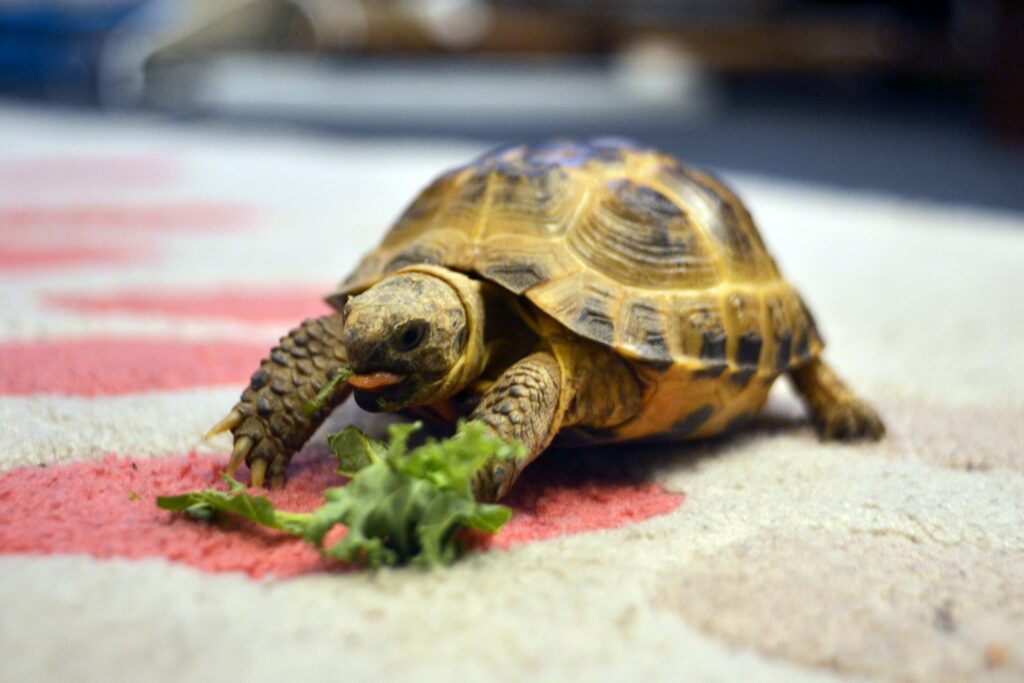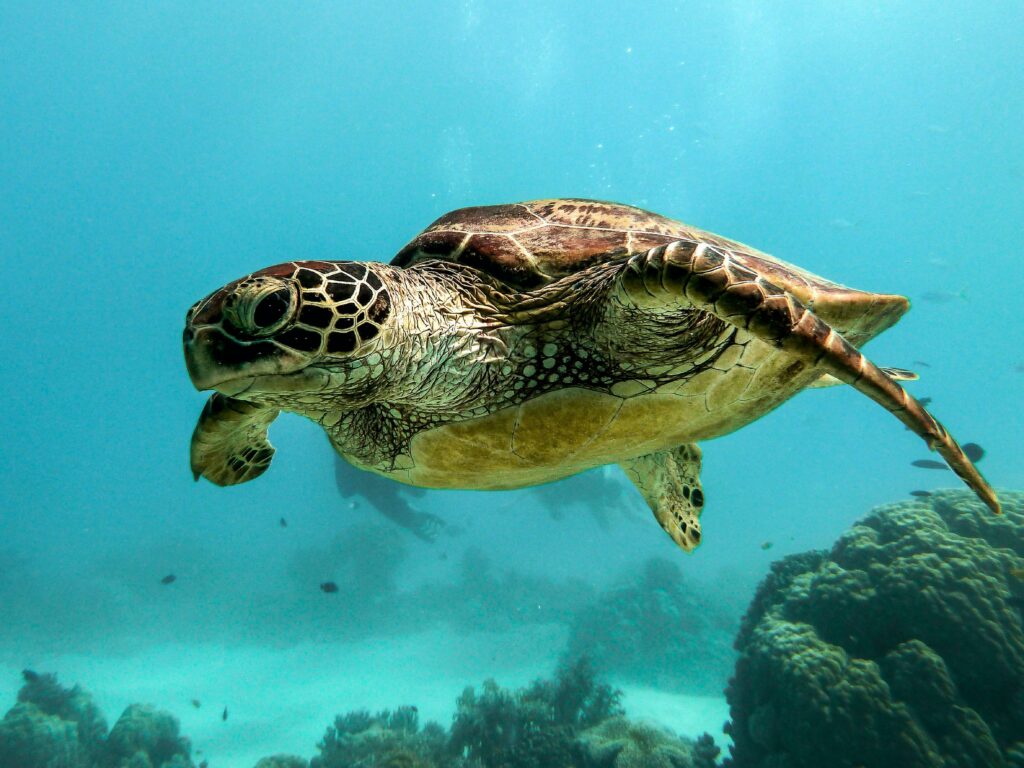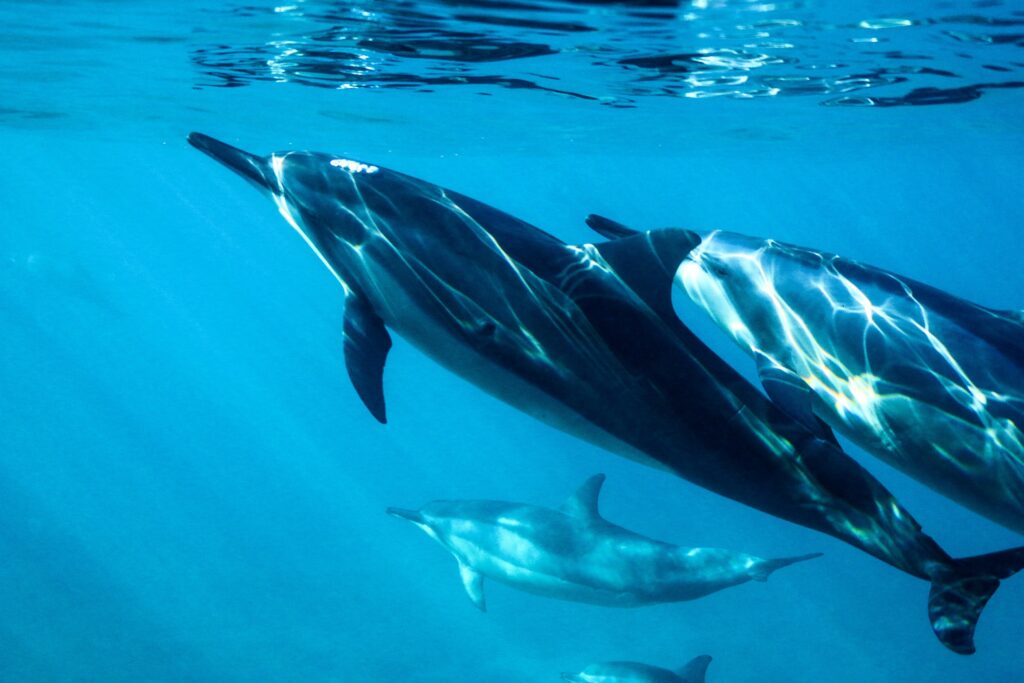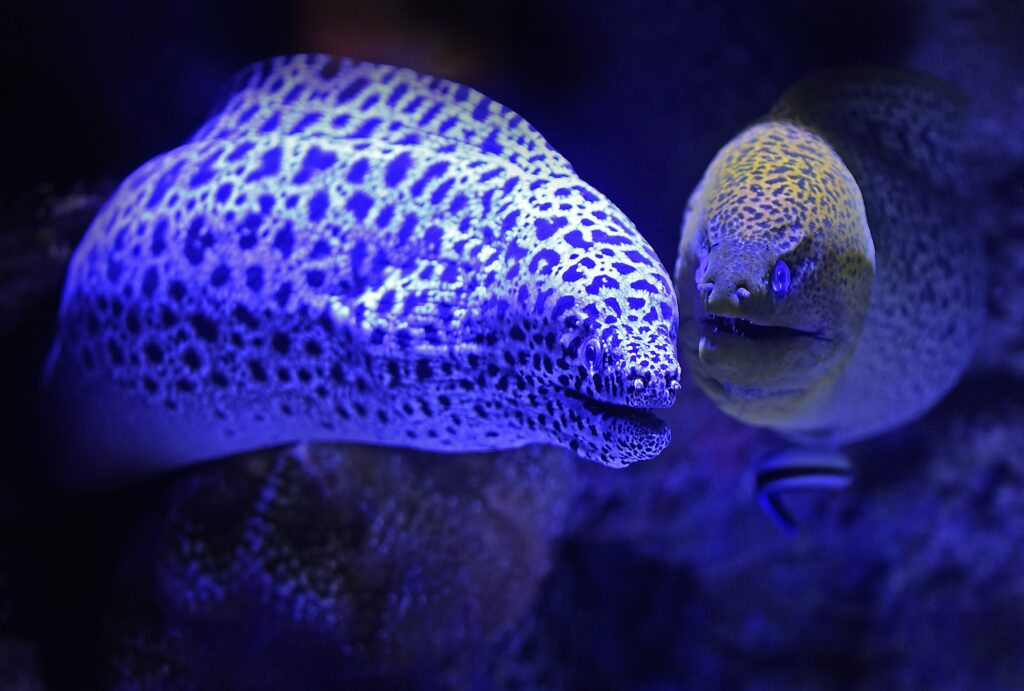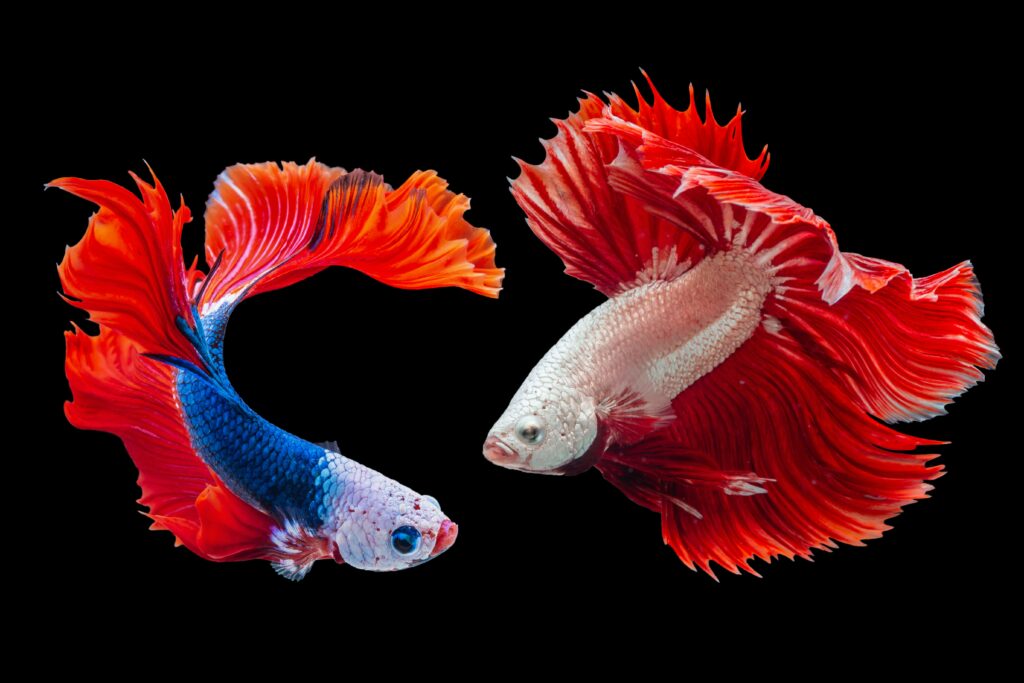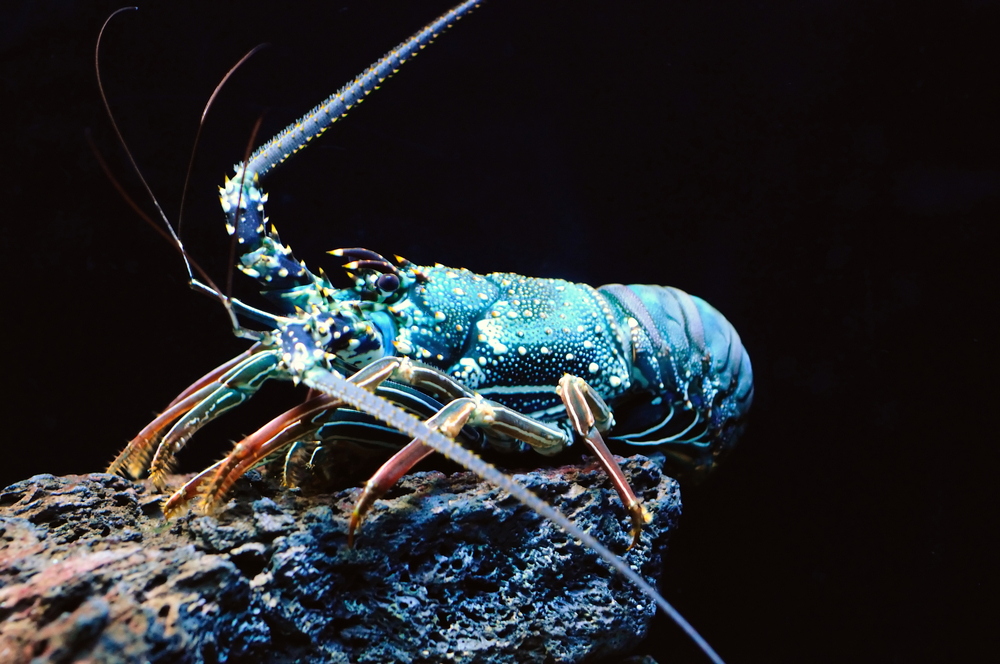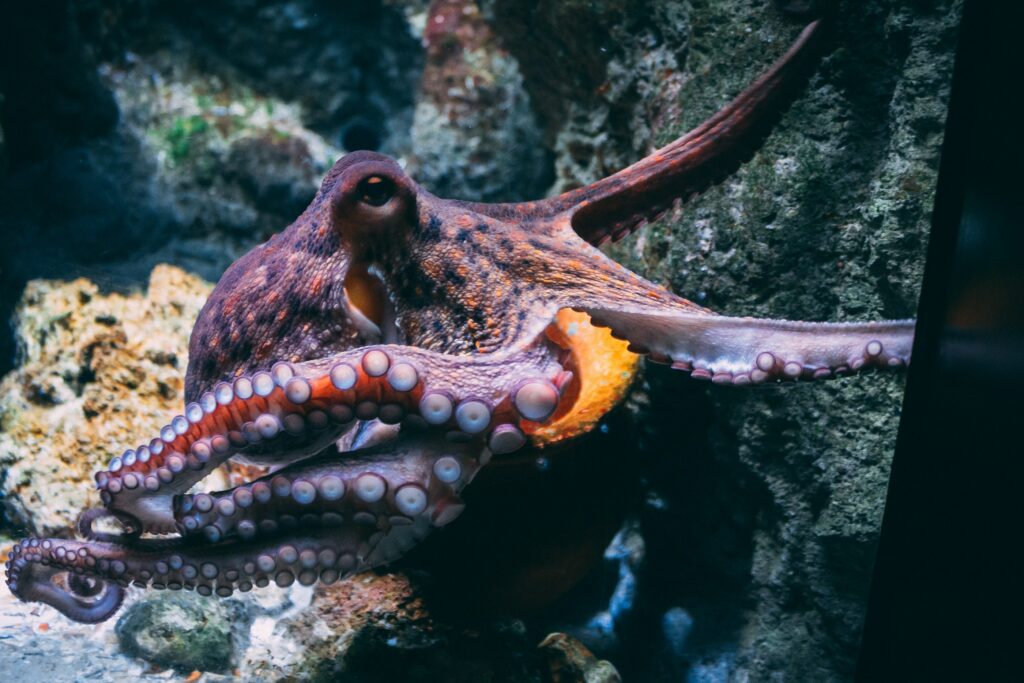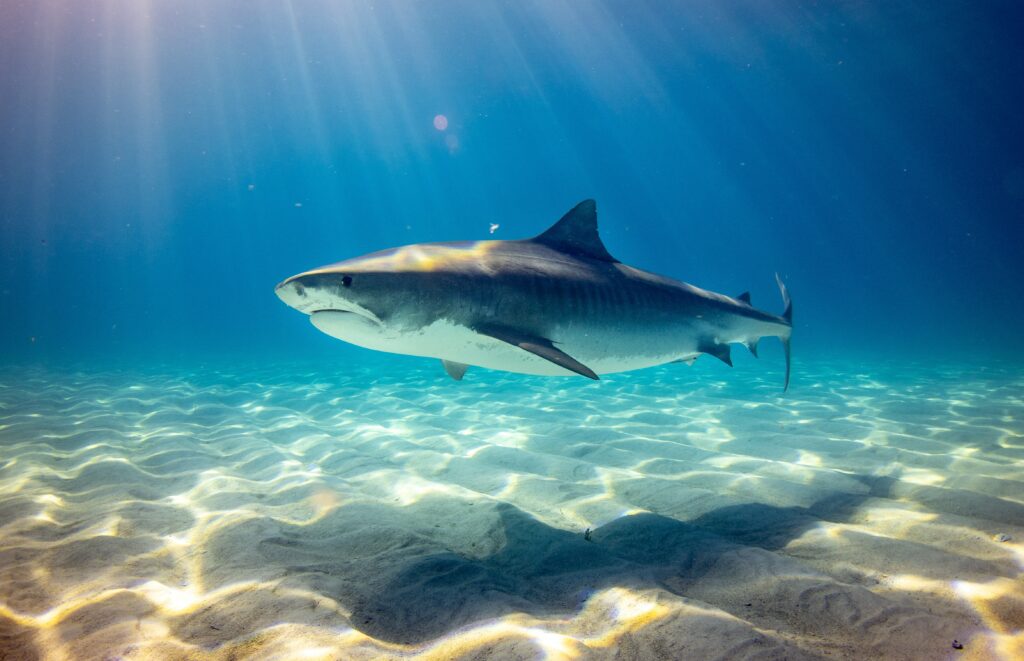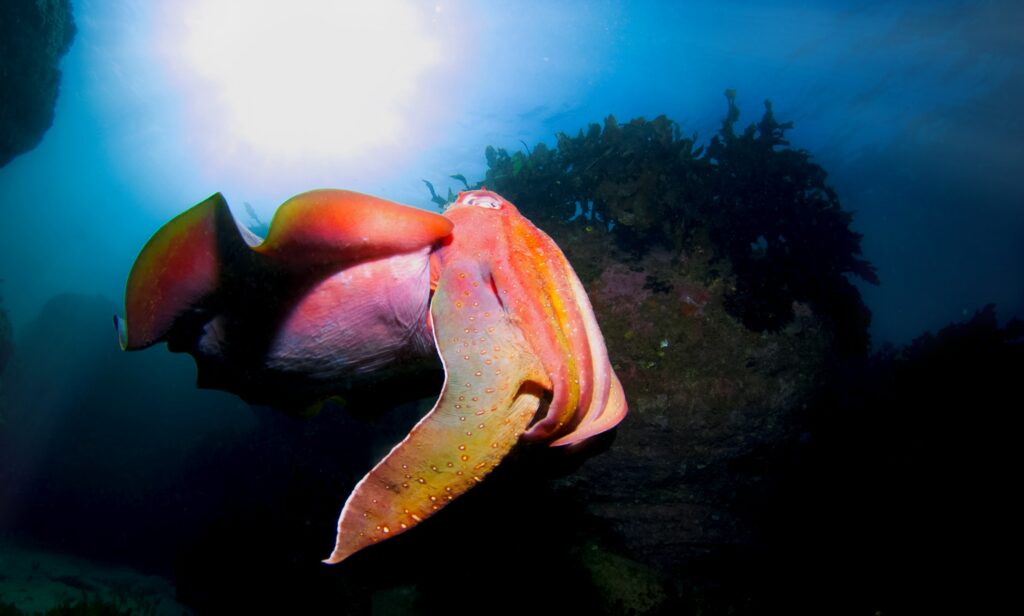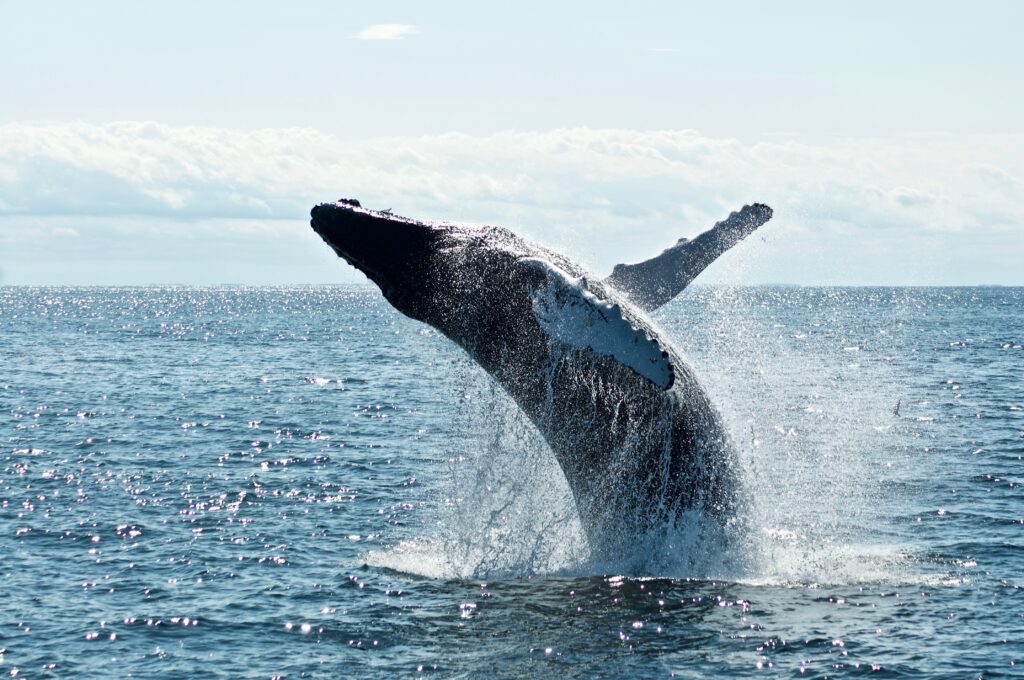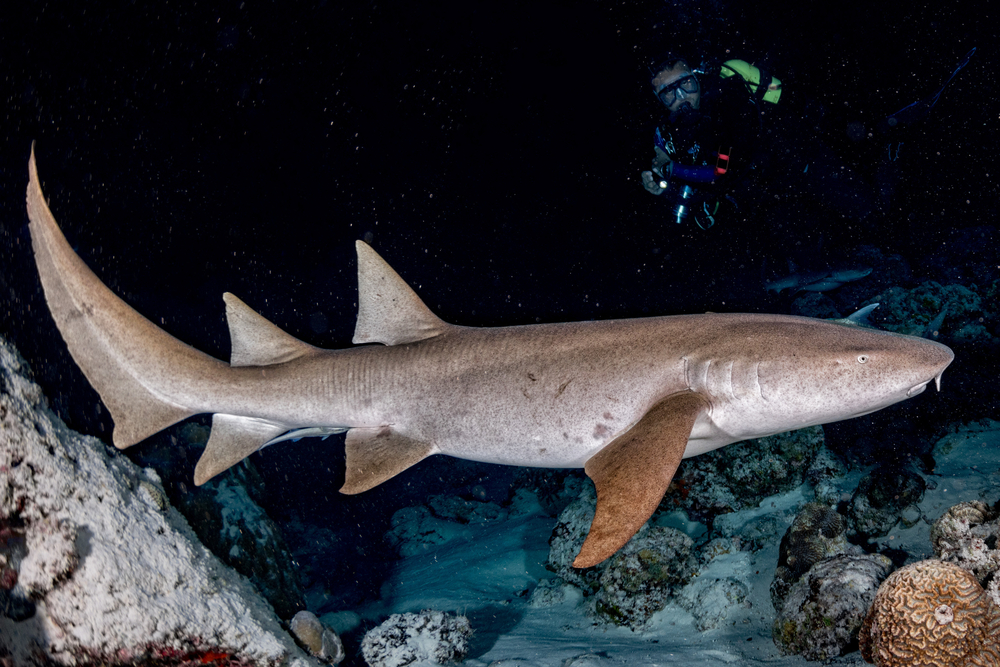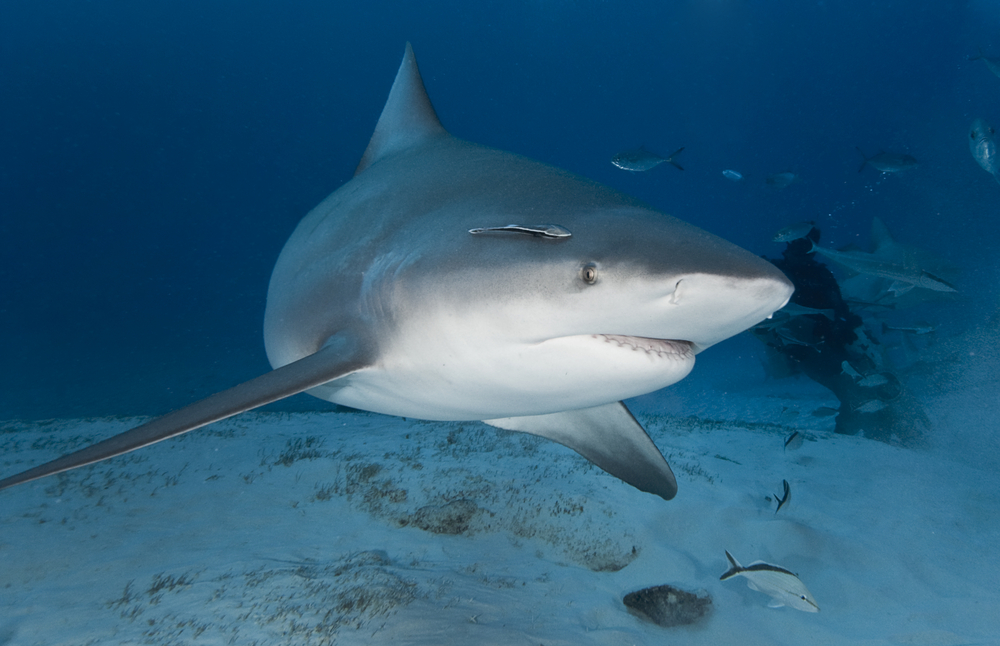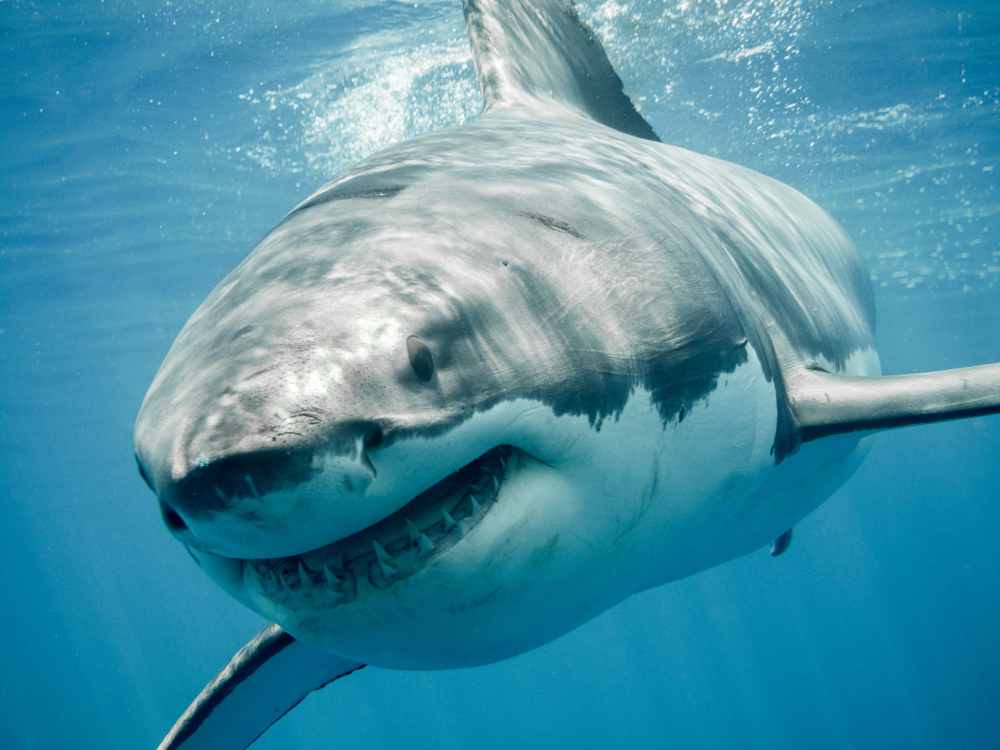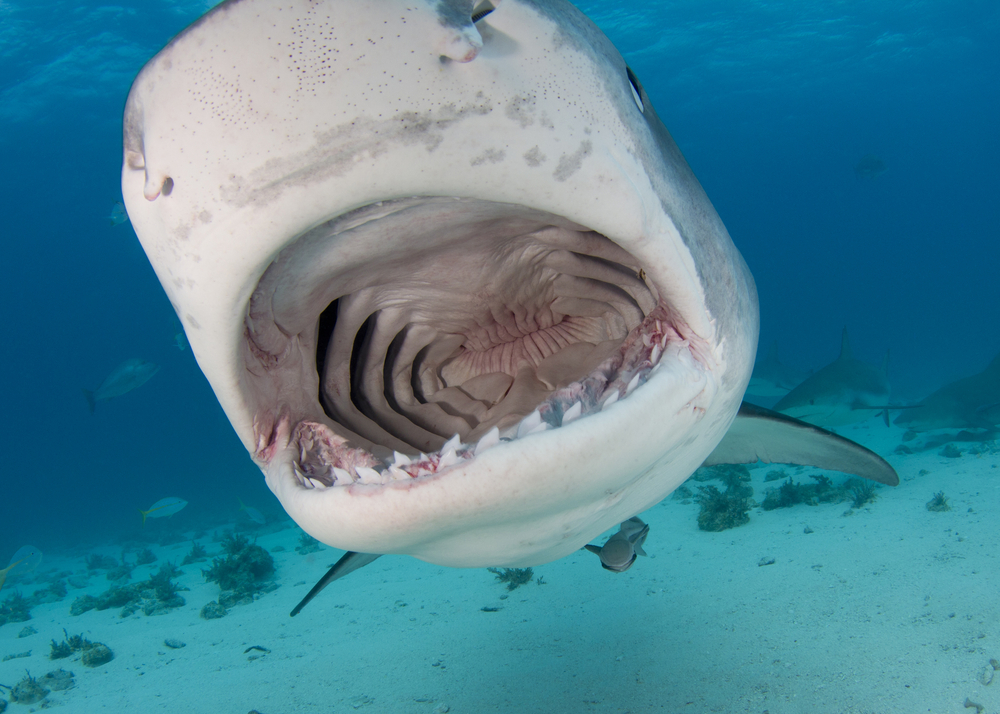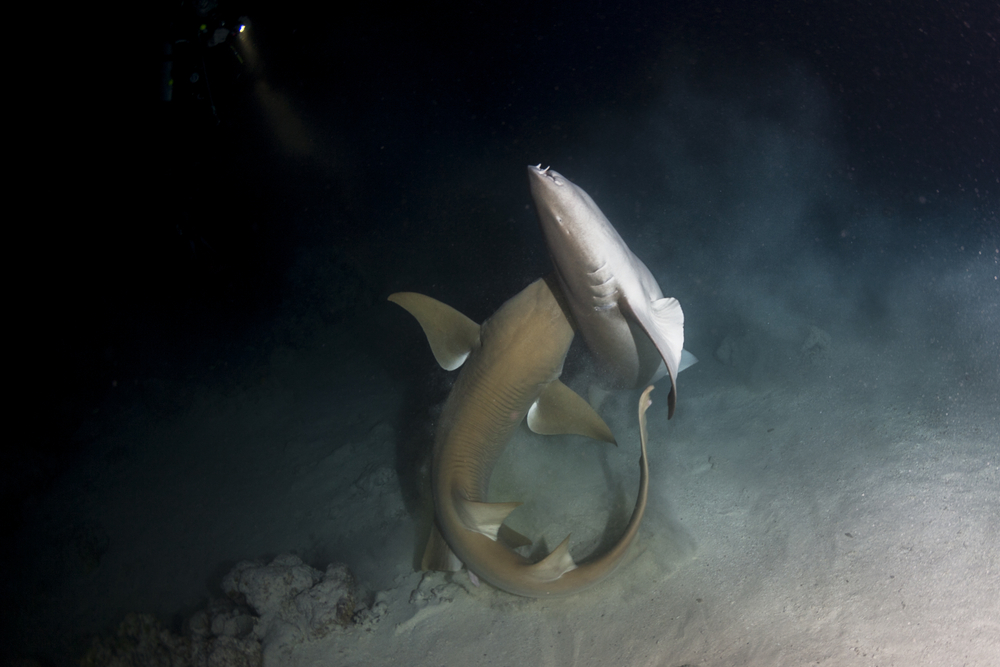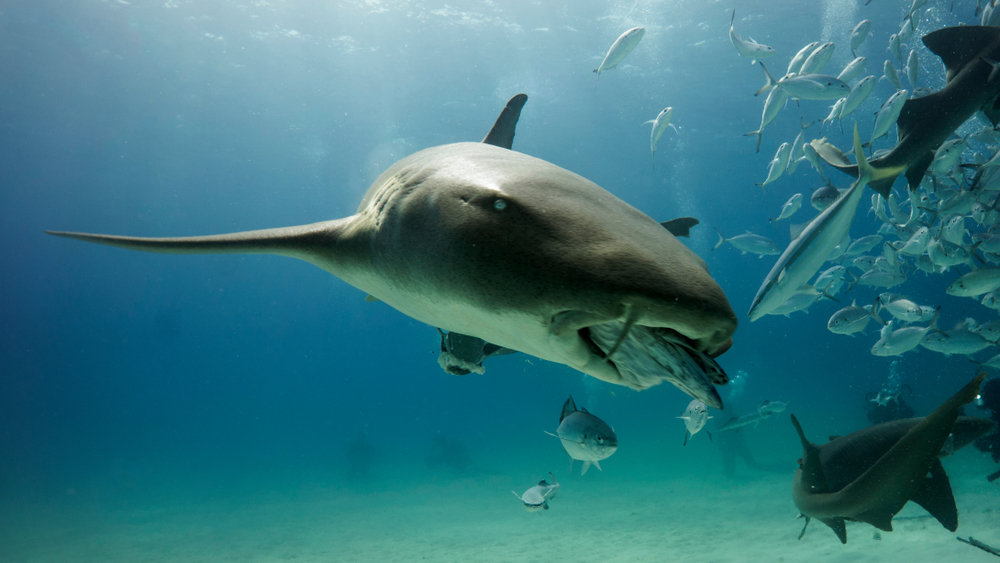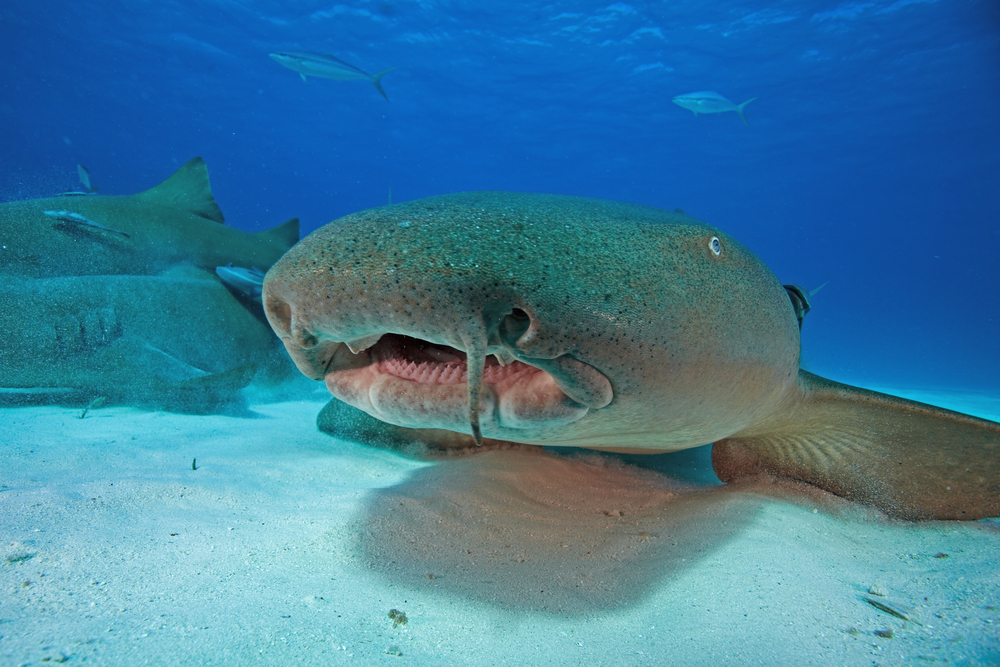Unique Characteristics
Nurse sharks (Ginglymostoma cirratum) are fascinating and distinctive members of the shark family known for their docile nature, unique feeding habits, and specialized adaptations. Here are some key aspects that make nurse sharks unique:
Docile Disposition: Nurse sharks are generally calm and non-aggressive towards humans, earning them the reputation of being “gentle giants” of the shark world. They are often encountered by divers and snorkelers in coastal areas and are known to tolerate close encounters without displaying aggressive behavior.
Bottom-Dwelling Habit: Nurse sharks are bottom-dwelling sharks, typically inhabiting shallow, tropical waters near coral reefs, mangroves, and sandy bottoms. They spend much of their time resting on the seabed, often in caves, crevices, or under ledges during the day.
Nocturnal Feeding: Nurse sharks are primarily nocturnal feeders, becoming active at night to hunt for prey. They have specialized sensory organs called barbels, located near their mouth, which they use to detect scent trails and locate food on the ocean floor.
Suction Feeding: Nurse sharks have a unique feeding behavior known as suction feeding. Instead of biting and tearing prey like many other sharks, nurse sharks use their powerful jaws to create a suction force, sucking prey into their mouth and swallowing it whole. This feeding strategy allows them to consume a wide variety of prey, including fish, crustaceans, and mollusks.
Sluggish Movement: Nurse sharks are not known for their speed or agility. Instead, they exhibit slow and deliberate movements, using their muscular bodies and broad pectoral fins to maneuver through the water with ease.
Reproduction: Nurse sharks are ovoviviparous, meaning they give birth to live young. After a gestation period of approximately six months to one year, females give birth to litters of 20 to 30 pups, which are born fully developed and capable of swimming immediately. Nurse shark pups are often found in shallow, protected nursery areas where they can grow and develop away from potential predators.
Conservation Status: Nurse sharks are listed as near-threatened by the IUCN Red List due to threats such as habitat destruction, overfishing, and accidental capture in fishing gear. They are vulnerable to exploitation for their meat, fins, and skin, highlighting the importance of conservation efforts to protect their populations.
Nurse sharks’ unique combination of gentle demeanor, specialized feeding habits, and ecological significance make them important members of marine ecosystems. Understanding and conserving nurse shark populations is crucial for maintaining the health and diversity of coastal habitats worldwide.
